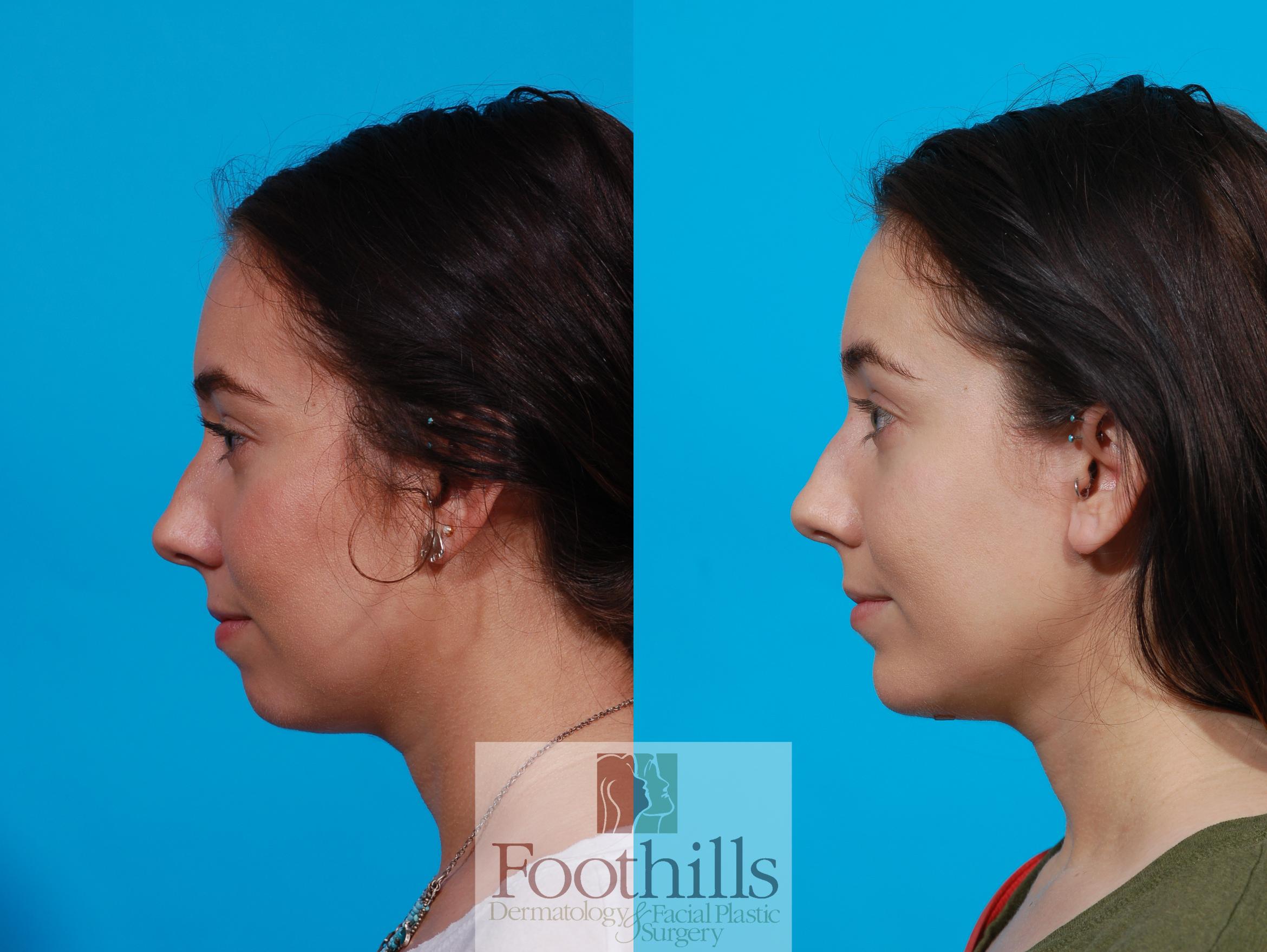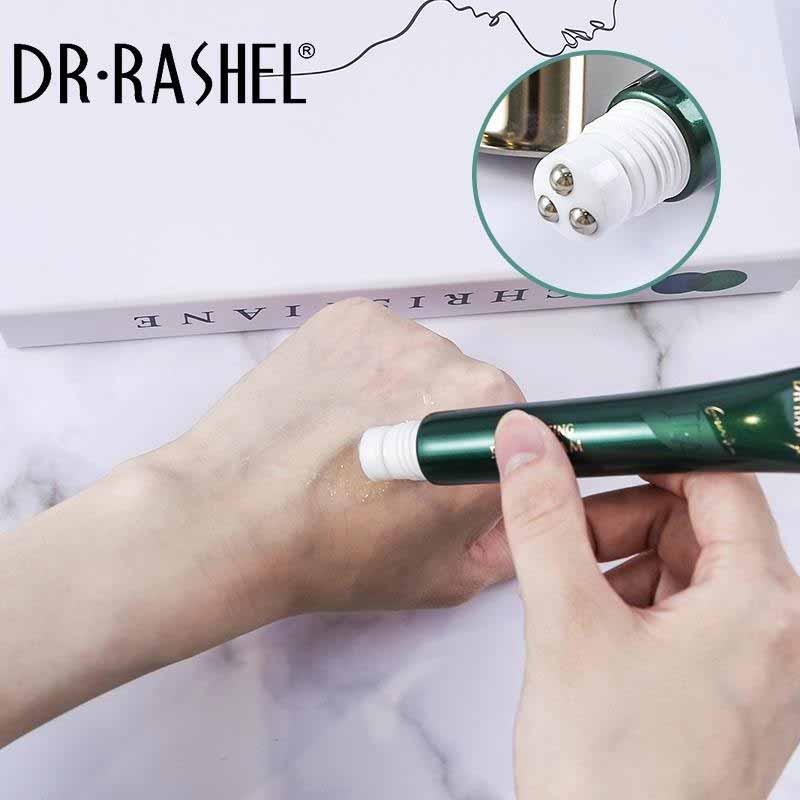
A breast implant can be a complicated procedure after radiation. You might want to consider an autologous breast reconstruction. This involves transferring excess abdominal tissue to the chest and using the specialized microsurgery techniques. This procedure is performed by a double-board certified surgeon, who has also been fellowship trained in this area.
Complications that occur
Complications associated with radiation treatment can significantly impact the results of breast implant surgery. Multiple procedures may be required before satisfactory results are achieved. In extreme cases, breast implants might need to be removed. Other complications include hematoma. A buildup of blood around the surgical site can cause hematoma. This can lead to swelling and bruising as well as pain. If the patient has ever had an infection or seroma before, this is more likely to happen. The doctor may have to perform a reoperation in order to treat the problem.
Implant contracture or asymmetry is another risk that radiation treatment can pose. This is usually caused by muscle and may require revision surgery to correct. The surgeon will measure the contracted superior pole contour before the surgery and the desired superior pole contour at two to four centimeters below the contracted pole contour. The breast contour should match the non-irradiated contralateral breast.

Impact on quality life
Research into breast cancer is continuing to explore the impact radiation and breast-implant placements on quality life. Research is showing that patients are happier with their cosmetic results and have a better quality of lives when they combine the two procedures. There is still much debate about which approach is the best. Research can help establish consensus about the best options for patients.
Modern surgery and radiation therapy may reduce the chances of breast carcinoma recurrences. With modern treatment, the rate of recurrence is between 5% and 7% after ten year, and between 6% and 7% after twenty years. Radiation therapy can increase the chance of complications for breast cancer survivors.
Complications
Women who have undergone breast implants and radiation therapy face several risks. These include a loss of breast firmness and elasticity. Radiation damages the microvascular circulation and reduces blood flow. These side effects persist for life. Radiation therapy can also cause inflammation in your lungs. This can result in shortness of breath and a dry cough.
Two-year complication rates for breast reconstruction patients with breast implants or radiation were evaluated by researchers. They found that 39 percent of patients with irradiated implants and radiation underwent at least one complication. This is higher than the rate for patients who had implants only and underwent autologous reconstruction. However, the overall complication rates were comparable.

The treatment options
The treatment options for radiation-induced breast cancer and breast implants include autologous tissue transfer and breast reconstruction. The latter approach involves transferring excess skin and fat from the abdomen or back to the chest. This method improves the quality and blood supply of the chest wall tissues. This procedure is more time-consuming, but can be performed with fewer complications.
Radiation therapy and breast implantation are not without risks. It is important to choose the best treatment option for your comfort and overall health. Radiation can also cause scarring, hardening, and a less pleasing cosmetic result. Chronic pain can also result. It is common to recommend breast reconstruction after radiation therapy.